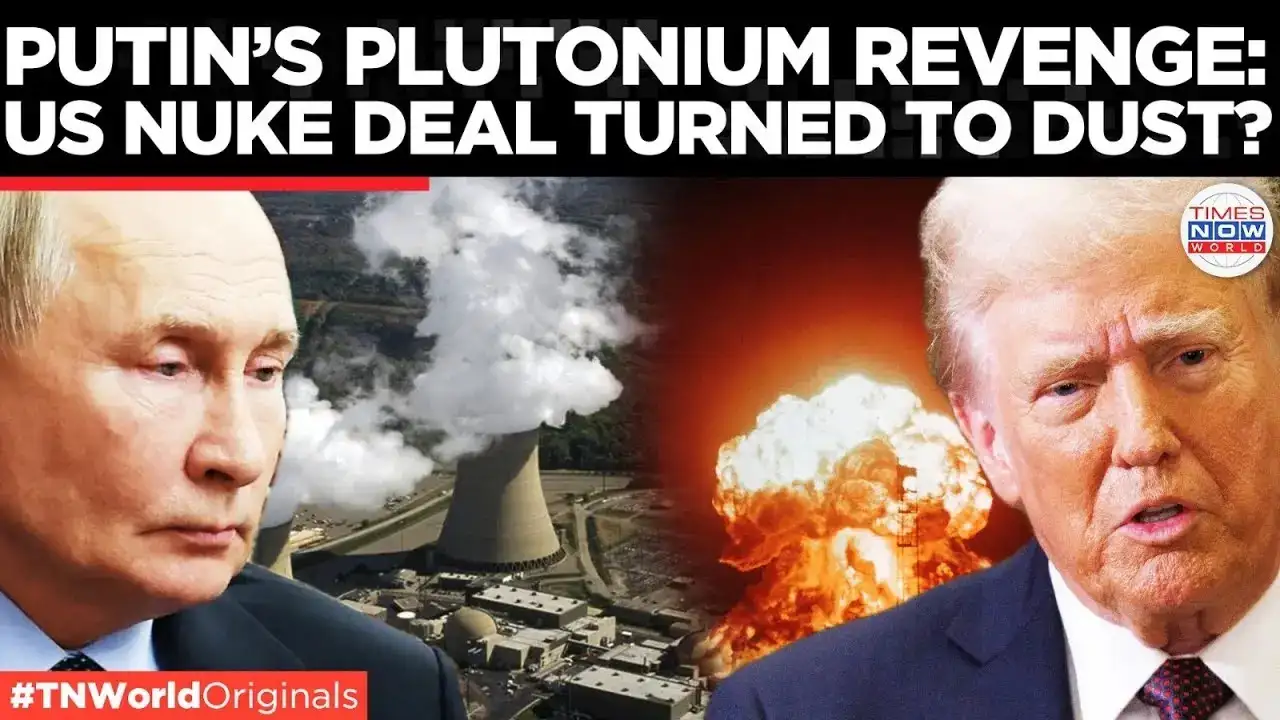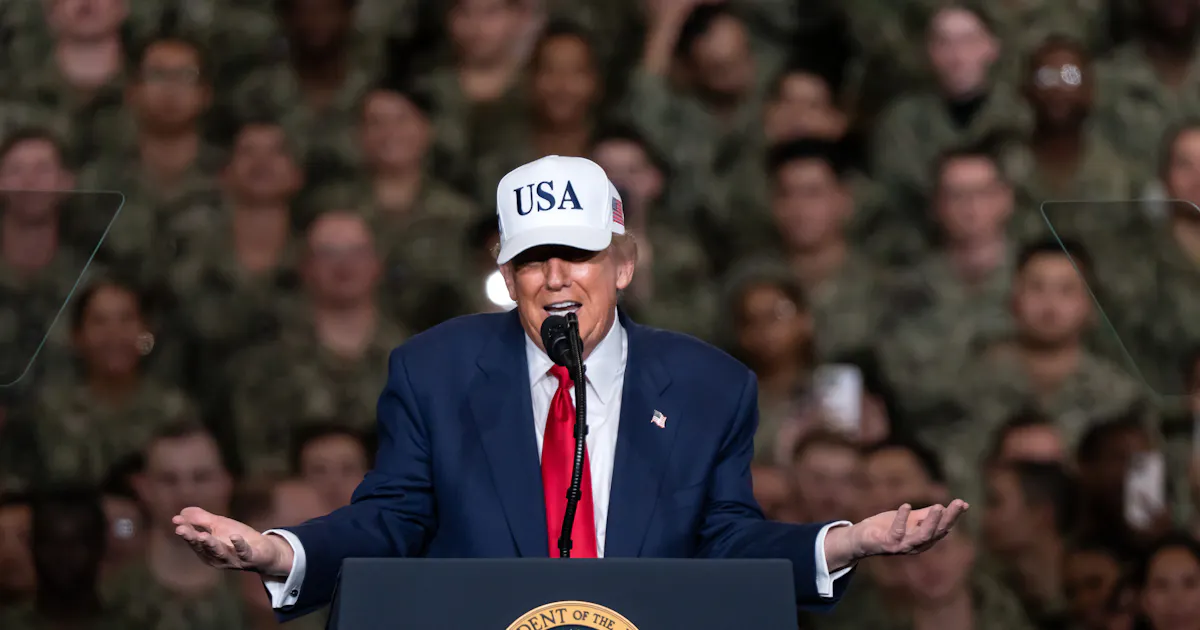Copyright timesnownews

Moscow: Russian President Vladimir Putin has endorsed the Kremlin-controlled Parliament’s decision to withdraw from a 2000 agreement with the US on disposing of vast cold war-era stockpiles of weapons-grade plutonium, over what lawmakers described as "new anti-Russian steps that radically change the strategic balance." Russia’s message is clear that plutonium is no longer a relic of the cold war, it’s the core of a new balance. By pulling out of the 2000 agreement on disposing of the plutonium stockpile, Putin, in a sense, has reclaimed the power tussle, turning the leftover into a strategic asset, and a tool to thwart western aggression over the Ukraine war. Plutonium’s dual life, both fuel and bomb, has always terrified the West. But Russia argues that stewardship and not surrender, defines real security. When Washington offers plutonium to private firms, Moscow sees recklessness disguised as innovation. In Minsk, the Eurasian Security Conference briefly touched diplomacy. But Moscow brought physics to politics. By denouncing the plutonium disposal deal with the US, Russia reminded the world that this isn’t scrap metal. Plutonium, a cold war by-product, can power cities or vapourize them. Washington forgot that. Moscow hasn’t. The decision, Moscow says, is made solely in Russia’s and its citizens’ best interests. They are a sovereign state, and those who wish to exploit Russia should know that won’t happen. Building upon the decision to use plutonium to the best of its capabilities, Russia emphasised that it has a strong president, a responsible parliament, and an effective government. The year 2000 agreement once forced both nations to destroy 34 tons each, enough for thousands of warheads. While Russia built reactors to process it, the US stalled, buried, and diluted its stockpile. In Putin’s eyes, that broke the deal and broke trust. Now, with the law of denunciation signed, Russia reclaims full control of its plutonium, the most potent element on Earth. Experts like Alexander Stepanov call it a move to restore strategic deterrence, aligning with new systems like the Burevestnik and Oreshnik. Russia’s exit from the plutonium disposition agreement restores its ability to enhance its strategic nuclear deterrent. This decision aligns with the deployment of additional offensive systems, including the newly announced Burevestnik and the previously tested Oreshnik. Moscow is carefully evaluating real threats and making decisions that correspond to current security challenges. Plutonium’s dual life, both fuel and bomb, has always terrified the West. But Russia argues that stewardship, not surrender, defines real security. When Washington offers plutonium to private firms, Moscow sees recklessness disguised as innovation. And this time, that balance tilts east where discipline, not denial, governs the atom.



